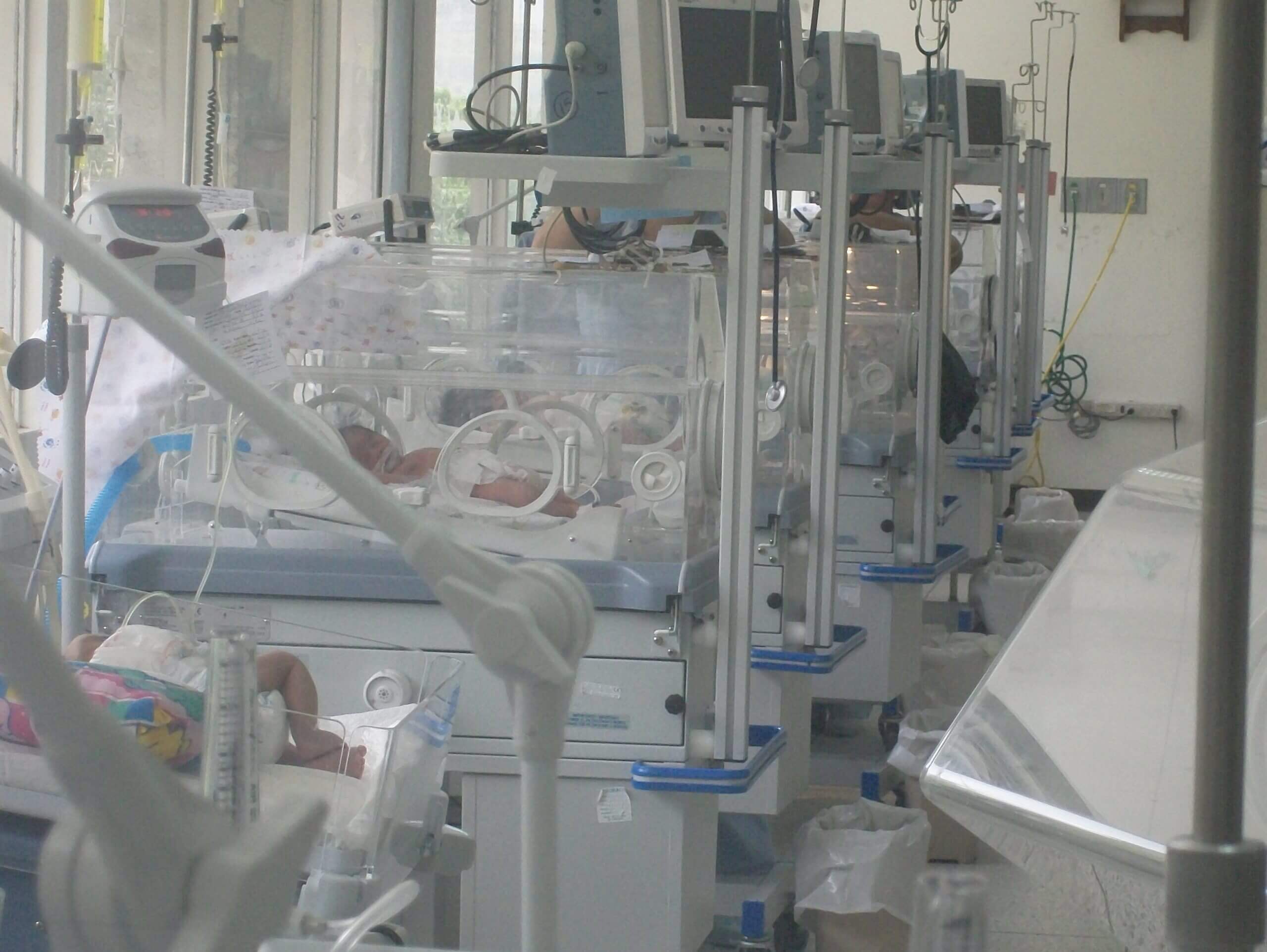Despite the passage of various legislative initiatives aimed at increasing the frequency and quality of pediatric clinical trials, neonates continue to be treated with medicines that have not been studied or approved in this population.1 Historically, sponsors may have felt that the ethical and logistical challenges limited the opportunities for neonatal research. Our experience has been that, with appropriate planning, it is possible to conduct high-quality research in these smallest of patients and address the unmet need for approved treatments for neonatal-specific conditions.
In this article, we explore key factors to consider when designing and conducting neonatal clinical trials:
- Adapt the study to the characteristics of this young, vulnerable population and their families. It is critical for sponsors to take into account the specific needs of newborn babies and their families when developing approaches for study design and recruitment. For example, careful consideration should be given to the informed consent process, as parents or guardians will likely be asked to give consent amidst the stress surrounding the birth of a sick baby. Continuous consent, which allows for repeated discussions and opportunities to confirm or withdraw consent, is not only a best practice, but also a regulatory requirement for pediatric studies in the EU.2
- Engage with stakeholders early and often. As with other segments of the pediatric population, neonates are not able to advocate for themselves. Consequently, the views of parents must be considered when developing the research agenda. It is also advisable for sponsors to engage with clinicians, investigators, and patient advocacy groups for their input, even before discussing development plans with regulatory agencies.
- Respect the fast-paced, high-intensity culture of the neonatal intensive care unit (NICU). NICUs typically operate under strict processes and procedures, which may limit adaptation to study protocols, so it is important for sponsors to understand existing workflows and assess their potential impact on a trial. Another factor to consider is the staff involved in the trial, which will likely include both study-specific and NICU staff. It may be a good idea to limit the study-related involvement of the NICU staff to only those activities that cannot be performed by study staff.
- Plan for long-term follow-up. In many cases, follow-up over three to five years may be needed to evaluate the long-term effects of medicines in neonates. In addition to funding, this long-term follow-up requires development of strategies to stay in touch with families after their initial involvement and to keep them involved.
- Monitor the neonatal trial landscape for best practices and standardized assessments. Organizations such as the International Neonatal Consortium (INC) are focused on forging a standardized, harmonized regulatory path for evaluating the safety and effectiveness of neonatal therapies. Recently, the INC developed a neonatal AE severity scale to help standardize safety reporting across trials. Incorporating best practices and standardized, validated assessments can simplify protocols and reduce both documentation and staff burden in neonatal trials.
To take a deeper dive into the nuances of neonatal studies, download our white paper Addressing a Critical Unmet Need: Considerations for Designing and Conducting Neonatal Clinical Trials.
1 Costa HTML, Costa TX, Martins RR, Oliveira AG. Use of off-label and unlicensed medicines in neonatal intensive care. PLoS ONE. 2018;13:e0204427.
2 European Medicines Agency. Ethical Considerations for Clinical Trials on Medicinal Products Conducted With the Paediatric Population, 2008. Available at https://ec.europa.eu/health/sites/health/files/files/eudralex/vol-10/ethical_considerations_en.pdf.

 Webinar
Webinar 


 Perspectives Blog
Perspectives Blog 